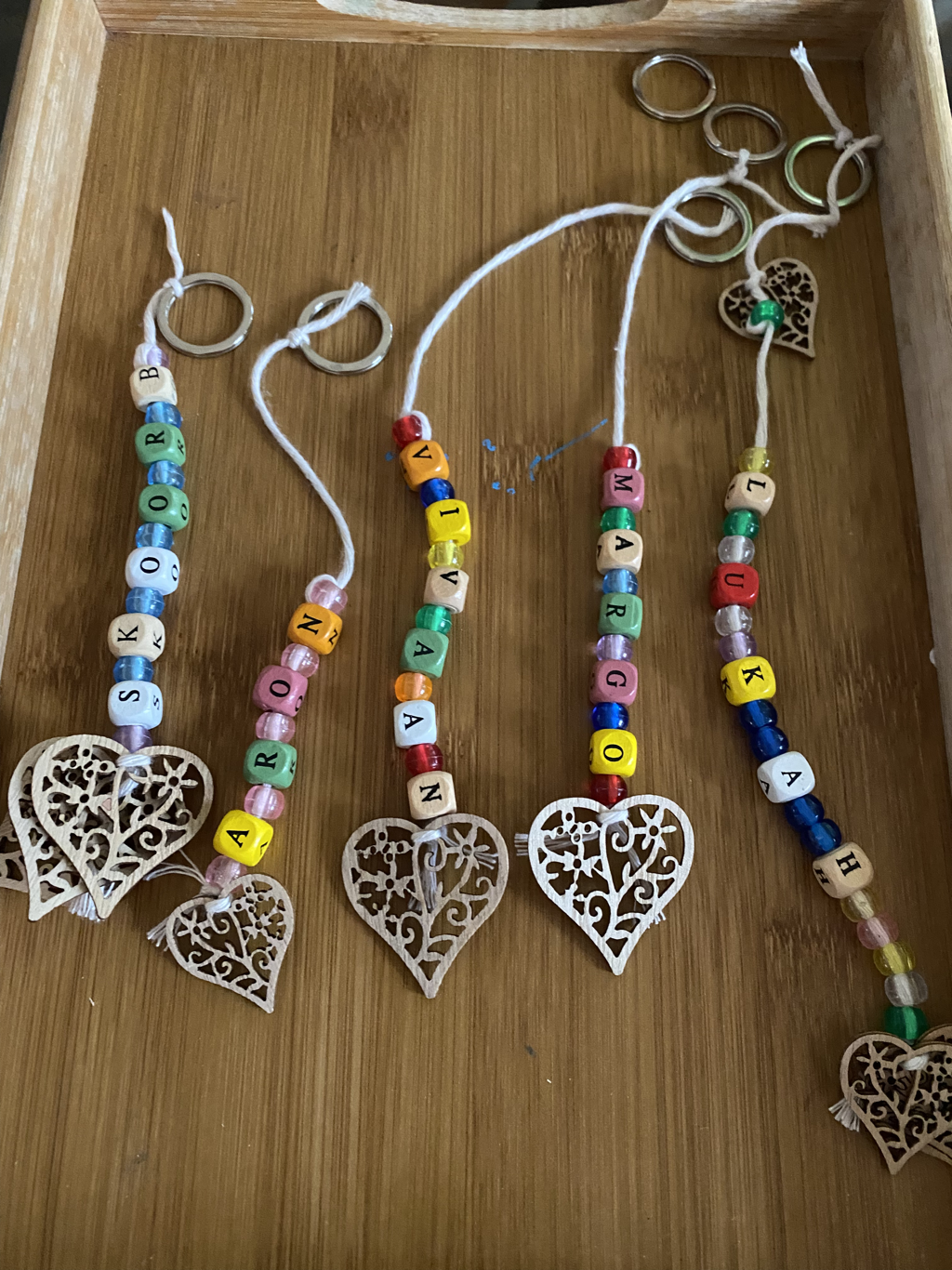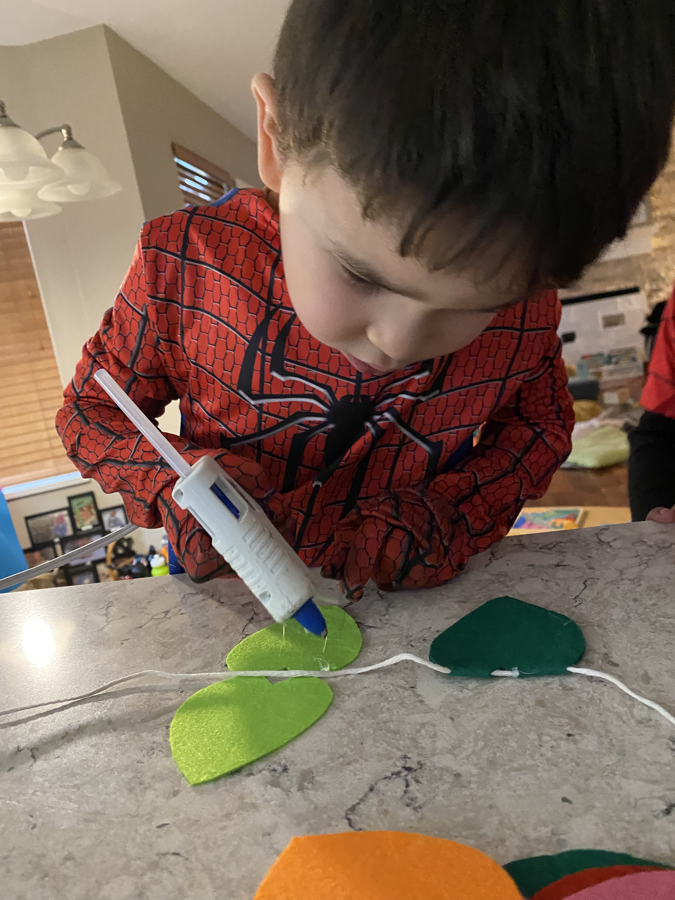|
As much as we learn through experiences, we learn through trials and errors. Therefore, it is important to provide us with opportunities to work on our problem-solving skills and to offer gentle guidance and encouragement when we are struggling. Jumping in too soon to solve the problem does not allow us to discover the various skills needed as we grow. Listening to all sides of a situation helps us generate ideas of how we might solve the problem. When a solution is determined, we confirm the plan we have agreed to by repeating it back to ourselves. In this way we learn as much from failure as success. This ability to get out of conflicting situations is one of the basic skills that everyone needs to learn and acquire. A child gains confidence of negotiating by entering conflicts. By going through we also gain an understanding of the reasons for disagreements. We encourage ourselves to be problem solvers by putting on our problem-solving cap and work together on possible solutions. These possibilities we encounter naturally when we use our imaginations and pretend play on how to figure the problem out. We often use the terms pretend play or make-believe play (the acting out of stories which involve multiple perspectives and the playful manipulation of ideas and emotions), that reflect our critical feature socially and cognitively. Actual studies have demonstrated cognitive benefits such as increases in language usage including subjunctives, future tense, and adjectives. The important concept of "theory of mind" an awareness that one's thoughts may differ from those of other persons and that there are a variety of perspectives which each of us is capable, is closely related to imaginative play (Jenkins & Astington, 2000; Leslie, 1987; Singer & Singer, 1990; Singer & Singer, 2005). Along with our imaginative mind, we notice how leaves changing colors, falling off trees, having crunchy sound, make them all very noticeable changes. This may be the first spark of interest in us discovering more about the world around us. We have such a wonderful time twirling, blowing, and talking about what interest us. Arjun discovers that some of the leaves are crunchy and enjoys scrunching them up in his hand. Rain puddles have an almost magnetic pull for us. We love to jump in them, roll through them on our our tricycles and feel the splashes on our legs, and much more. Puddles are meant to be splashed in. To do that, we need to jump! Jumping develops balance, strength, and agility in our legs and has the benefit of coming in many different styles; big jumps, little hops, run and jump, and jumping with two feet. Kindest,
Children & Friends.
0 Comments
Leave a Reply. |
No part of this publication may be reproduced, distributed, or transmitted in any form or by any means, including photocopying, recording or any other electronic or mechanical methods, without the prior written permission of the publisher.
Archives
July 2024
|

